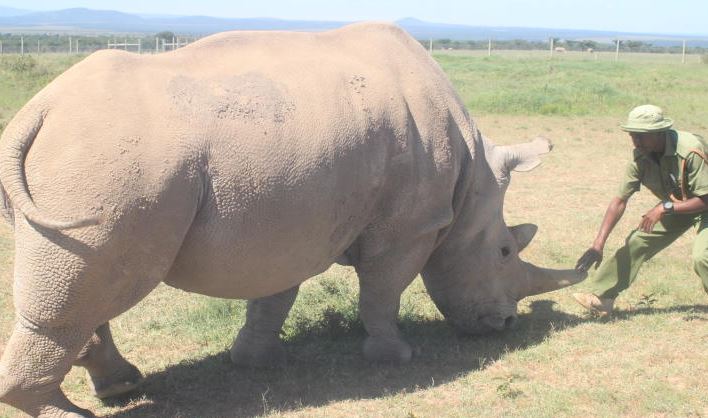×
The Standard e-Paper
Fearless, Trusted News

From the bright glow of the bonfire, I can make out the silhouette of a Reticulated giraffe browsing from the crown of an acacia tree.
Only a small, dry river bed separates us from the graceful animal. We keep our voices low, lest the towering giant loses our trust.